Strictly private and confidential
My patient — friend: — Yesterday, I had a short note posted to you, and it accompanied a long letter to Hume — I had it registered somewhere in Central P. by a happy, free friend; to-day, it is a long letter to yourself, and it is intended to be accompanied by a tolling of jeremiades, a doleful story of a discomfiture, which may, or may not make you laugh as it does that bulky brother of mine — but which makes me feel like the poet: who could not sleep aright,
"For his soul kept up too much light Under his eyelids for the night."
I hear you uttering under breath: "Now what in the world does he mean!" Patience, my best Anglo-Indian friend, patience; and when you have heard of the disreputable conduct of my wicked, more than ever laughing Brother, you will plainly see, why, I come to regret, that instead of tasting in Europe, of the fruit of the Tree of the Knowledge of Good and Evil — I have not remained in Asia, in all the sancta simplicitas of ignorance of your ways and manners for then — I would be now grinning too!
I wonder what you will say when you will have learned the dreadful secret! I long to know it, to be delivered of a nightmare. Were you to meet me now, for the first time, in the shadowy alleys of your Simla, and demanded of me the whole truth, you would hear me tell it to you, most unfavourably for myself. My answer to you, would remind the world — if you were cruel enough to repeat it — of the famous answer given by Warren


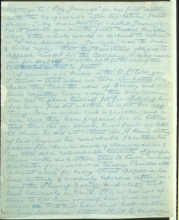
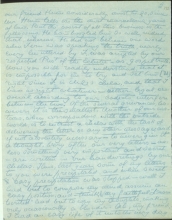


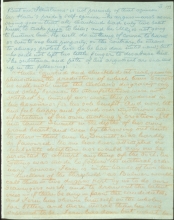
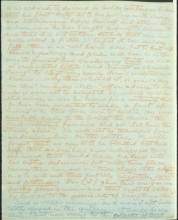
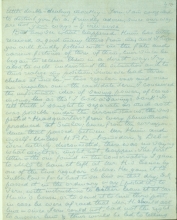

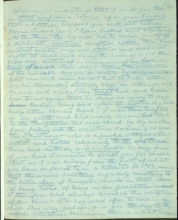

Letters referenced were No. 73 and No. 74.
jeremiades refers to lamentations or angry harangues; derived from the Book of Lamentations in the Hebrew Bible.
tasting in Europe refers to Koot Hoomi's experiences in Europe.
"Tree of the Knowledge of Good and Evil" refers to the tree in the Biblical book of Genesis, from which Adam and Eve tasted the fruit.
sancta simplicitas is Latin for "holy simplicity" - often used ironically.
Warren Hastings was the first Governor-General of India, from 1773 to 1785. He respected Hinduism and Indian teachings. He was tried and ultimately acquitted of corruption charges, and Edmund Burke was the prosecutor.